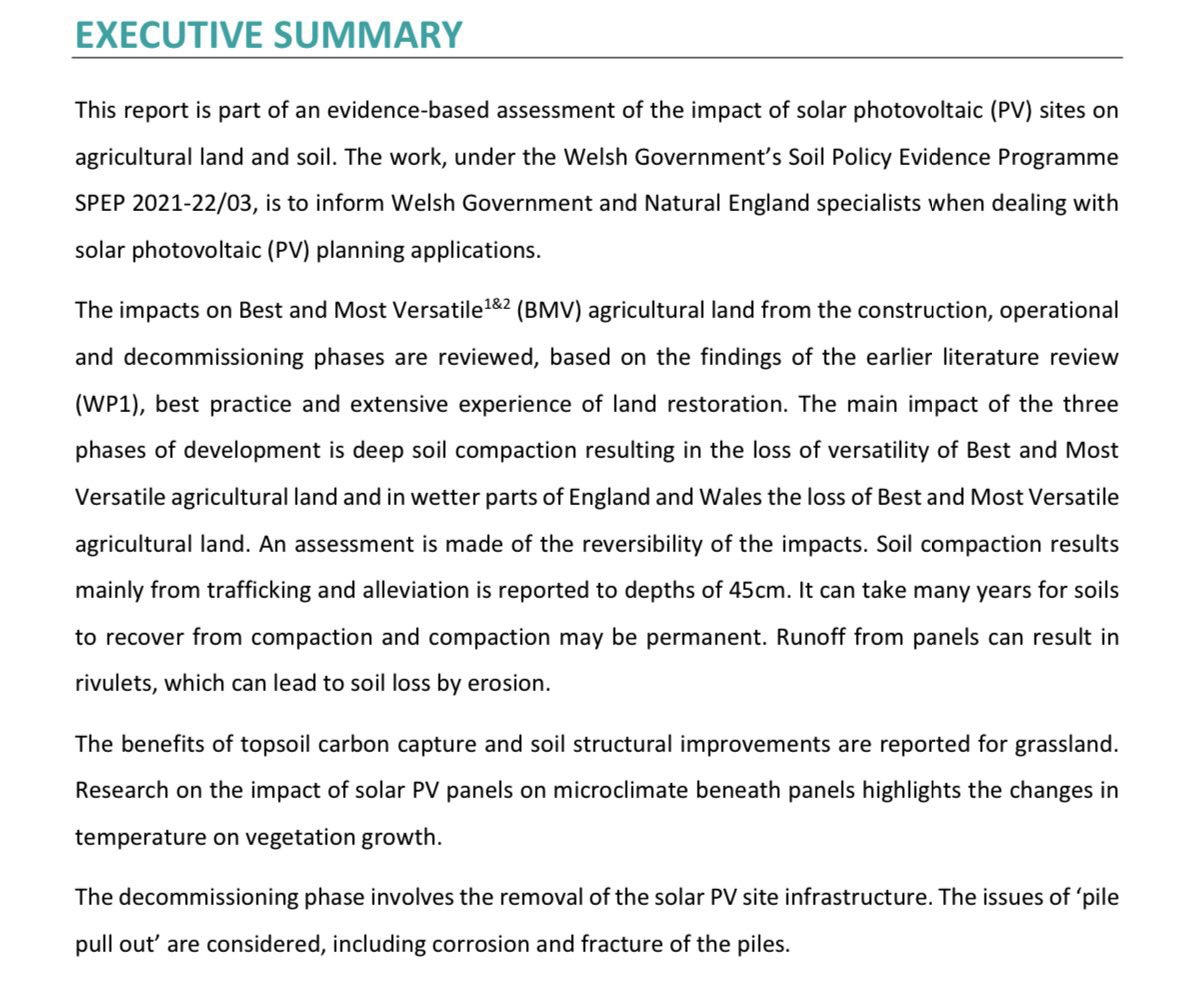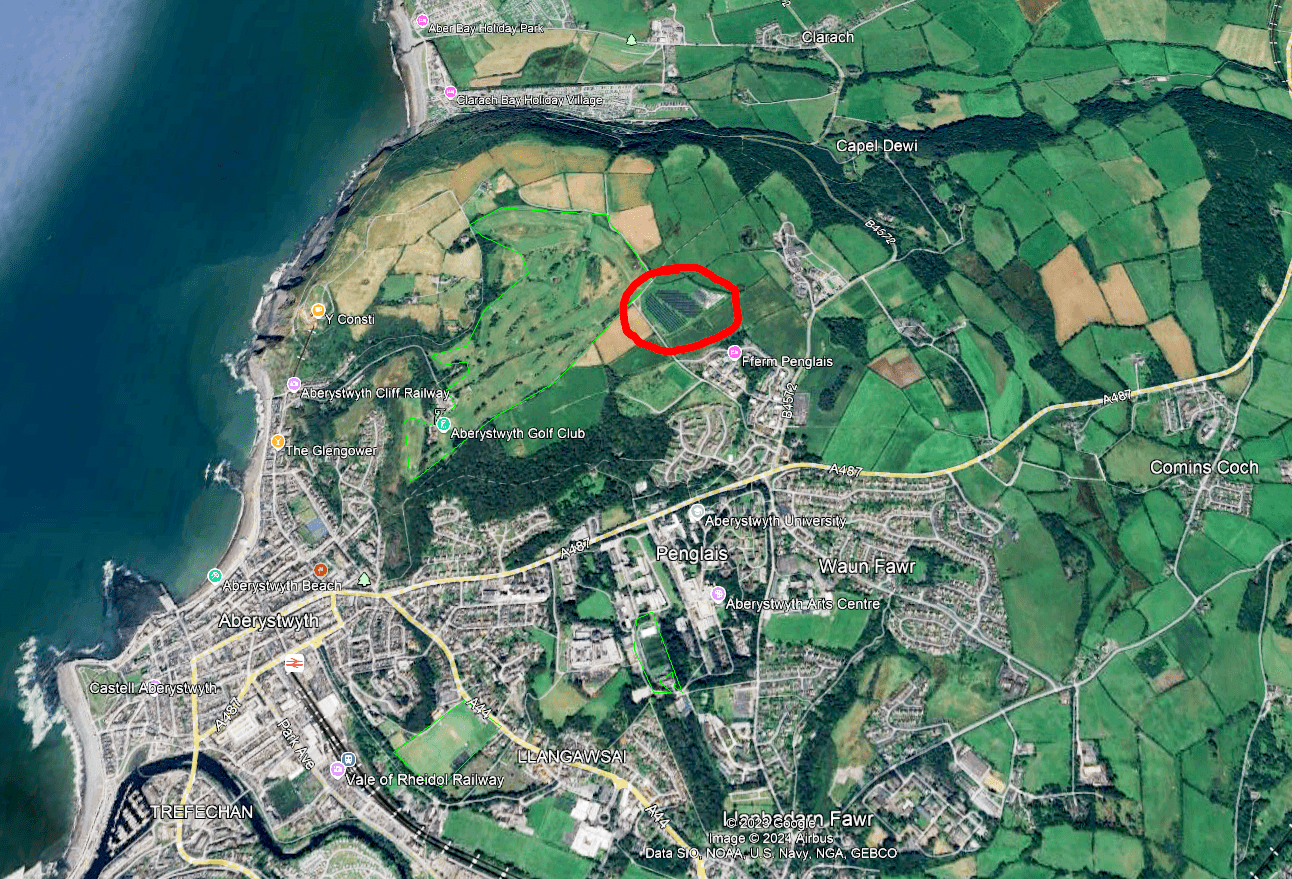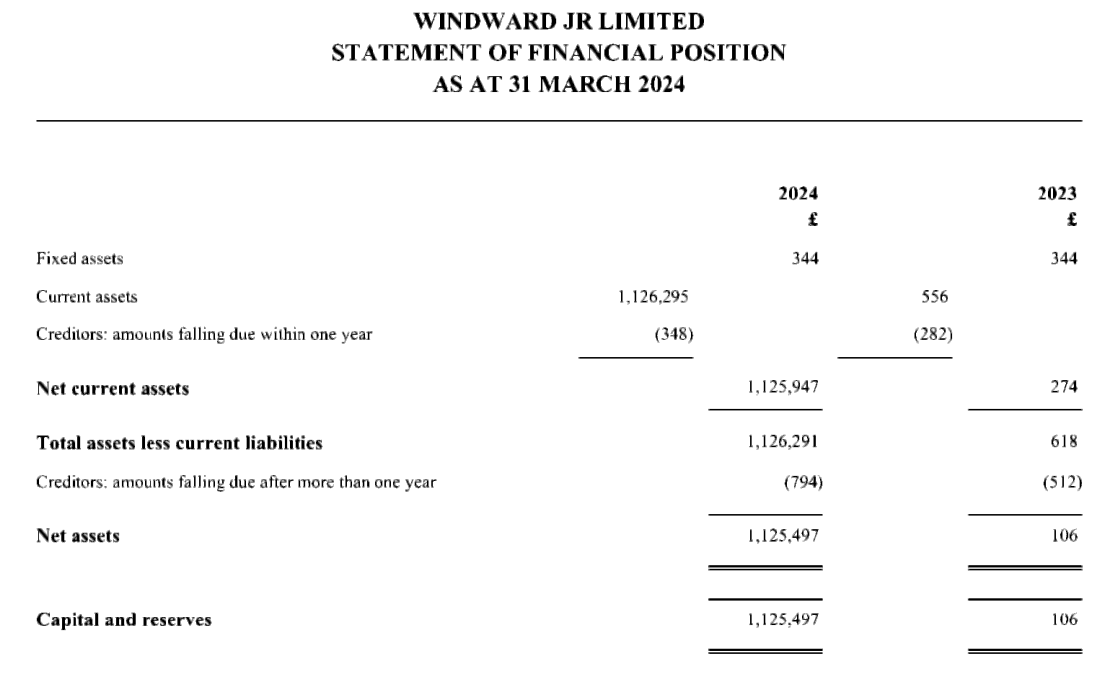![]() There’s been a two-week gap since my previous opus, A Case Study In ‘Rewilding’; so here’s a pre-Christmas treat for you to get your teeth into before those Brussel sprouts. Yum! yum!
There’s been a two-week gap since my previous opus, A Case Study In ‘Rewilding’; so here’s a pre-Christmas treat for you to get your teeth into before those Brussel sprouts. Yum! yum!
◊
THE FOUNDATION SCAM
Here, I am of course referring to the ‘climate crisis’. It’s foundational because if you buy into this, or even if you just silently accept it, then you help erect the ‘Tower of Bullshit’ that’s built upon it.
In this ‘tower’ you’ll find net zero, behavioural control, loss of personal freedoms, open borders, wealth transfer, anti-white racism, personal carbon allowances, and a host of other evils that George Orwell might have warned us about if he’d lived long enough to write a sequel to 1984.
The evils we see around us, the ways in which everything becomes more expensive, and our lives more miserable, can only be imposed if enough of us accept we need to make sacrifices to combat (they love that word!) their ‘climate crisis’.
Because if we buy into the climate scam then we’ll dutifully vote for uniparty politicians and parties controlled by those who dreamed up and now profit from the scam.
◊
STORM DARRAGH BLOWS AWAY THE COBWEBS (TOGETHER WITH THE SOLAR PANELS UNDER WHICH THE SPIDERS WERE HIDING)
Among the most obvious measures being promoted to fight the ‘climate crisis’ is renewable energy. This usually means wind turbines and solar panels.
A truly disastrous combo.
On the plus side, Wales sees a lot of wind. What we don’t get a lot of is sunshine. Which is why solar panels are an insult to our collective intelligence.
To begin with, solar ‘arrays’ take up a hell of a lot of space, often good agricultural land. Which then gets poisoned. Even the so-called ‘Welsh Government’ admitted as much in this report from March 2023.

The problems mentioned occur if the panels stay in place, but as we saw with Storm Darragh the other week, they don’t always stay in place. For the winds caused chaos at Porth Wen, near Cemaes, in the northern part of Ynys Môn.
It was soon reported in the Daily Mail, and the New Civil Engineer. But it was a full six days before the ‘National Newspaper of Wales’ got around to mentioning it.

The problem is of course that Ynys Môn sees a lot of wind. That wind often comes straight off the Atlantic. To make matters worse, the island is relatively flat, with no sheltering hills.
So you might think it’s a good place for wind turbines. Well, no.
For as the New Civil Engineer also reported, just nearby, at Llanbadrig, a wind turbine had its blades ripped off.

And yet, despite the obvious problems, there are plans for even bigger solar installations on Ynys Môn.
I heard of other incidents where solar installations broke up, and panel parts took wing. One incident involved Aberystwyth University’s £2.9m solar farm at Penglais.
An investment that’s inspired . . .
Four new degrees . . . International Relations and Climate Change, Biology and Climate Change, Business and Climate Change and English and Climate Change.
“English and Climate Change” must have a module, ‘Selling this crap to the plebs’.
For those unfamiliar with the area . . . Penglais is a hill above the town, perfect for catching the wind coming off Cardigan Bay. Though not so good for ground-mounted solar panels, which positively invite levitation.

Even if they reach the grand old age of 20, wind turbines and solar panels will never ‘repay’ the environmental damage they caused in being created and installed.
In addition, massive subsidies are demanded. And when there isn’t enough of our money on offer, developers go off in a huff. As was the case recently in Denmark.
Governments are then advised to come up with “healthier pricing” . . . by the wind industry. If it was up to me, I’d tell them to . . .
The Danish Government must now quickly . . . adapt their auction design to market realities. The industry needs healthier pricing and fairer risk allocation
Once installed, turbines and panels offer unreliable, intermittent supply – that has to be backed up by something more reliable; usually nuclear, or fossil fuels.
And as we’ve seen with Storm Darragh – which was nothing out of the ordinary – ‘renewables’ can’t cope with serious wind.
In fact, turbines have to be switched off in anything other than a strong breeze. And of course they produce nothing in windless conditions. Solar panels obviously generate nothing at night, or when there’s no sun, or if they’re covered in snow.
Which means that on those cold, overcast, windless winter days we experience so often, ‘renewables’ contribute bugger all to the grid.
So the idea that a country can rely 100% on ‘renewables’ is utterly insane. Yet this is what ‘Mad Monk’ Miliband is demanding. Though he’s being paid handsomely to push this bullshit by those who’ll benefit.
◊
BOLLOCKS IN THE WIND
If we’re talking of wind turbines, then we can’t ignore Bute Energy; maybe the biggest player in Wales, with many wind farms planned, plus solar installations, Battery Energy Storage Systems (BESS), even its own power lines.
And of course, Bute is well connected with Labour in Wales, having created sinecures for party insiders. Then there’s the Danish connection, with Copenhagen Infrastructure Partners. Which matches funders with Bute projects.
A 25% stake in CIP is held by another Danish outfit, Vestas, and on the Vestas board is former Danish PM Helle Thorning-Schmidt. Alternatively known as Mrs Kinnock, for she’s the wife of Stephen Kinnock, MP for Aberavon, son of former Labour leader Neil, and the late Glenys, for many years a MEP.
(Talking of Vestas, here’s a very recent mishap with a new Vestas wind turbine in Scotland. And there have been others.)
Mrs Kinnock has her own company, Thorningschmidt Global Ltd, and she also sits on the board of the Schwab Foundation for Social Entrepreneurship.
The address given for her company is Acre House, 11/15 William Road, London NW1 3ER. Other companies at that address appeared in the Paradise Papers. This is the UK end of Rontec Group (Jersey) Ltd, the empire of Sir Gerald Ronson OBE. For those old enough to remember, Ronson was one of ‘The Guinness Four’.
Mrs Kinnock’s also worked with the World Health Organisation and the Trilateral Commission.

I’ve made the point before that the principals involved in Bute came from property company Parabola. The holding company for the Bute empire is Windward Global Ltd. This is controlled by Oliver James Millican, son of Peter John Millican, chair of Parabola.
Is Bute just a front for Parabola? I ask, because one might need to be very generous to believe that four young executives, including the boss’s son, cut their ties with Parabola at the same time to take a leap into the unknown.
I just wrote “four young executives“, which may confuse some of you familiar with the principal players. For in addition to Millican Jr the other ex Parabola people prominent with Bute are usually Lawson Steele and Stuart George.
But there was a fourth departure from Parabola, Barry Woods. If you look at the list of related companies, you’ll see that Steele, George and Woods each had a ‘Windward’ company formed for them 31.05.2018.
Woods’ company was dissolved in September 2019 when, I assume, he broke with Bute.
If you go down that list you’ll see Windward JR Ltd. Those initials stand for John Reilly. He’s the Project Manager for Bute Energy, and a bit of a joker. For here he is quoted by NorthWalesLive in May 2023.
John Reilly, project manage . . . said: “As a nation we’re in a Climate Emergency, and a cost-of-living crisis.
The cost-of-living crisis is partly caused by Net Zero, forced on us to fight a non-existent ‘Climate Emergency’, yet Reilly tries to turn facts on their head. It’s too late for this bullshit, pal. Too many people now see through it.
The latest accounts for Windward JR, which became available to view earlier this month, show a remarkable upturn in fortunes.

A company that never had more than a few hundred quid in the kitty now has over a million. With the filed accounts offering no explanation for this windfall. So where might it have come from?
Answers on the usual postcard.
UPDATE 22.12.2024: The accounts for Windward LS have become available on the Companies House website. They show the arrival of roughly £5 million. We can expect a similar amount to appear in Windward SG Ltd. And probably a larger sum in some other company for Oliver James Millican.
UPDATE 23.12.2024: The accounts for Windward SG Ltd (to 31.03.2024) are also now available. They show an unexplained increase in Assets from the previous year’s £87,950 to £4,722,225.
◊
A WOMAN OF SOME IMPORTANCE
In June ’23 I put out Taking Control, Of Everything, where I tried to explain how, through funding, appointments, and other means, the ‘Welsh Government’ seems to take over bodies that should be non-political.
In particular, I drew attention to recent changes at the Welsh Rugby Union (WRU) and the Football Association of Wales (FAW).
I mentioned Dr Carol Bell who, according to this bio from Chapter Zero (one of her many directorships), leads (the FAW’s) sustainability strategy“. Which, given how ‘sustainability’ operates in the wider world, will probably bankrupt Welsh soccer.
Since I wrote last year Dr Bell has taken up a number of new appointments.
In January she started Aileni Ltd, with crachach luminary Geraint Talfan Davies, and Geoffrey Hunt of Arup. In March, she became Treasurer of Glamorgan County Cricket Club. Then she got involved in three archaeological bodies. And on April 23 Dr Bell joined Bute’s Windward Energy Ltd.
She is a non-executive director of Norwegian Bonheur ASA. A non-executive director of Cyprus-based platinum and chrome mining company Tharisa. Dr Bell’s Market Screener bio mentions Hafren Scientific Ltd, another mining and drilling company, which for some reason isn’t mentioned in her Linkedin profile. Strange, seeing as she’s the chair.
Hafren Scientific has three outstanding loans with the Development Bank of Wales (DBW), of which Dr Bell was a director until a year ago.
The first DBW loan was made in December 2014. And in that very same month Dr Bell joined both Hafren Scientific and BlackRock Energy and Resources Income Trust Plc. (Though it appears she left BlackRock in March.)

I used to think that Dr Bell and others worked for the ‘Welsh Government’, pushing the Globalist agenda. Now I wonder if she works for a higher authority to ensure Welsh politicos follow orders.
And as we’ve seen, earlier this year, and within weeks of leaving(?) BlackRock, Dr Bell joined Anglo-Scottish investment company Bute Energy. Intriguing.
◊
FINAL THOUGHTS
John Reilly’s “Climate Emergency“, was concocted by very rich individuals and corporate entities wanting to exercise political and social control through uniparty political systems in Europe and North America.
Their strategy is to destabilise and weaken the West from within, thereby making the Globalist takeover easier. Using tactics like DEI, ESG, CRT, Net Zero, open borders, and a comprehensive rejection of Western traditions and values.
To promote this strategy Globalists have recruited environmentalists, Islamists, vegans, sexual deviants, and of course, the Quisling Left. For all the measures designed to weaken Western societies are promoted as ‘progressive’, with critics dismissed as ‘far right’, etc., etc.
Of course, politicians come and go, whereas other institutions and structures are more enduring, even self-perpetuating. Higher education and the civil service might come into this category.
Academe is obviously in the service of the Globalist agenda, and it’s long been rumoured that senior levels of the UK civil service have been ‘captured’. More than that, it’s said they – not the politicians – now make (or convey) major policies.
It can be seen in Wales. I’ve chronicled the assault on Welsh farming for a decade or more, and it’s usually led by civil servants sent down from London by Defra. Which is believed to have devised (or conveyed) the Starmer regime’s inheritance tax.
◊
CONCLUSION
Matters are coming to a head. The lunacies that have prevailed for too long are in retreat. We shall see major change in 2025. And it may not be bloodless.
The German government has effectively fallen, there will be elections in February. Already moves are afoot to stop the ‘populist’ AfD from winning. In France, De Gaulle’s Fifth Republic totters from one crisis to another, the country run by pygmies not fit to utter the great man’s name.
Across the West, Globalism and Cultural Marxism (Wokeism) are in retreat, and people realise the threat posed by Islam. Change is coming.
Here in the UK there’s talk of cancelling some of next year’s local council elections in England due to ‘reorganisation’. The truth is, Reform must be stopped.
As I write this, it’s rumoured Canadian PM Justin Trudeau will resign. Whether he does, or whether he clings on until next year’s elections, he’s finished.
Down in Argentina, President Milei has taken a chainsaw to bureaucracy and socialist corruption – and the country is thriving.
And finally, it’s just a month until Donald J Trump becomes the 47th president of the United States of America. And then things are really going to change.
I’m looking forward to 2025 so very, very much.
♦ end ♦
© Royston Jones 2024






